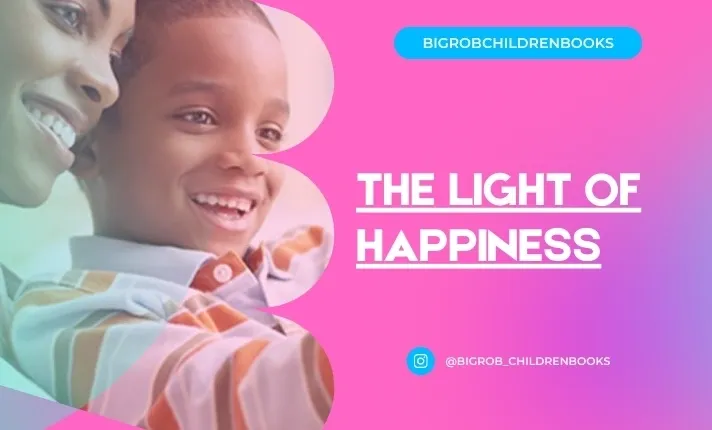Blog Details
THE LIGHT OF HAPPINESS – Parents Involvement in child’s education

A child’s initial educators are his or her parents, and their house is their first school. Parents have an important role in shaping a child’s intellectual, psychological, and health outcomes so that he or she can succeed academically and far beyond.
Encouraging student achievement begins with a common commitment to collaborate across families, parents involvement in child education , institutions, and the neighborhood, as well as dedicated efforts to make it possible.
Parents who are actively involved in their children’s education are critical to their children’s and academic success. Quality of education is improved and students are adequately equipped to do well in school when households, institutions, and communities work together as collaborators.
Paying attention to student performance is crucial with young teenagers and adolescents. However, research shows that as pupils progress from basic to middle and high school, parental involvement in school decreases, which is never supposed to be, at all.
Only with the shift to better scores, parents are often confronted with additional issues, such as determining how to motivate and encourage student performance at home.
At the middle and high school levels, parent interaction takes numerous forms. Their involvement matters, whether it’s verifying assignments, discussing more about education and career options, visiting information session, or participating in PTA and cheerleader groups.
Also, teachers can help their students focus on academics and learning skills by understanding what’s going on in the classroom and in the university. This will assure future and job preparation; exactly what Author Robert Carpenter has been encouraging and promoting with his books. You can access his beautiful library here!
Strong student literacy and welfare achievements are aided by efficient parent participation. Effective parental involvement occurs when parents and teachers form a strong bond with the common aim of improving kids’ academic and well-being accuracy.
Teachers should develop the flow of information with kids from single-parent households and avoid making judgments because each circumstance is unique. Single-parent kids, particularly those from poor families, may face specific challenges. They may, for instance, be undertaking various chores at home, such as caring for younger siblings, housekeeping, or going shopping. So, teachers should maintain open lines of contact with each kid concerning their psychological as well as educational responsibilities. Having this extra assistance from a grown person can have a long-term significant influence on a youngster.
When every parent has a packed schedule, single parents who are trying to sustain a home under their own care can become extremely burdened. If data is leaked, assignments and pursuits may fade away. For single-family households, having a specific task list with scheduled assignments and timelines can make a tremendous impact. Teachers need to ensure that parents and children are well-informed about upcoming shows and work schedules. When necessary, prevent arranging at the last moment or with tight deadlines. This kind of action on the part of the instructor can make life easier for single-parent households both in and out of school.
Ultimately, supporting solitary households and satisfying unique family requirements necessitates tolerance. parents involvement in child education
Don’t forget to check out the best and most educative books for your children, younger sisters/brothers, or students here >> https://bigrobchildrenbooks.com/ <<